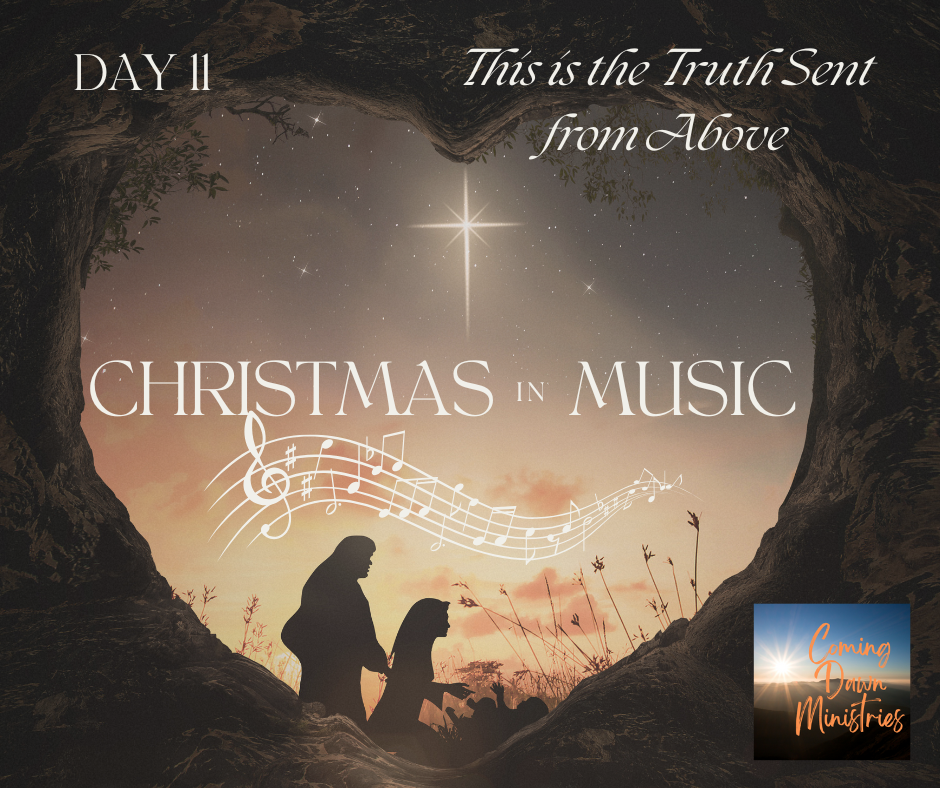Stepping into Your Prophetic Destiny, Part 2: Choose Your Altar
- Renée Coventry
- Mar 23, 2021
- 5 min read
Before we address altars, let’s go back to what should be plain to us as Christians. Developing a hearing ear is essential to stepping into your prophetic destiny. As I just completed a five-part series on what Jesus said we needed to hear and perceive, I refer you back to those basics. Before Abram could ever have left Ur, he first had to have an ear to listen to God. Before you think yourself disqualified, any Child of God is equipped with the capacity to hear God, even amid trials. God promises in Jeremiah 29: 12-13, "Then you will call upon Me and go and pray to Me, and I will listen to you. And you will seek Me and find Me when you search for Me with all your heart." Being with God is not some mystical meeting; it is an intimate relationship. A hearing ear is developed in the place of communion – namely at the altar.
Upon hearing God's voice, Abram obeyed (Gen. 12:4). God initiated a promise, and Abram came into agreement with it by His obedience. If you want to walk into what God has spoken to your heart, it begins by a step of obedience. Disobedience is choosing to disassociate yourself from the word God has spoken into your life. You cannot say you agree with God and actively work against His plans and desires. That will get you nowhere fast. After all, God promises a "land He will show you," not one you pick out or build for yourself (Gen. 12:1).
Interestingly, Abram passes through the land of promise, but it's occupied by someone else. However, God shows it to him and reinforces His Word that He will give it to Abram's offspring. Even having the vision and place of promise, Abram didn't go in with guns blazing, so to speak, looking to take out the Canaanites; instead, Abram did something from which we can learn. He builds an altar.
In historical times the altar was a place of encounter with a deity, a place of adoration, humility, and sacrifice. An altar is a place of worshipful submission. Abram humbles himself, acknowledging God's promise AND His timing. He recognizes that God is above Him, and we see this consistently throughout Abram's life that he continually erects altars to God. Sometimes they are memorial altars, remembering times and places that God met with him, and sometimes they are sacrificial altars. They are the place where sin is dealt with and overcome in our lives.
These altars were of unhewn stone, meaning no human-made instrument had assisted in constructing it. They were a place where even the most extraordinary talent was useless. It's a place where people stand alone before God, stripped bare of all that they define themselves by, and humbly bow before their Maker.
In contrast, sexual perversion and child sacrifice characterized the worship of Baal, at whose altar Jezebel and her daughter, Athaliah, worshipped. Their altars were elaborate, and people were awestruck at their magnificence. It is no wonder then, after worshipping for a lifetime at the altar of Baal, Athaliah has no problem murdering her children and grandchildren to retain power. Recognizing this is a key to evaluating your own life and determining at whose altar you are worshipping.
Altars of the enemy are always easy and self-indulgent. They cater to your most sinful desires and lust. This is a setup, though, for its fruit is one of bondage and fear. Jezebel and Athaliah were two of the most feared rulers in Israel and Judah, and it took no small amount of effort to see them overthrown. Jezebel was overthrown when, despite trying to paint her eyes and address Jehu, he ignored her altogether and asked, "Who is on my side?" Her eunuchs threw her over her balcony (2 Kings 9:30-37). Athaliah was overthrown when the people of God took the initiative and anointed Joash as king. They refused to recognize Athaliah's leadership any longer. She heard the noise, came out, was arrested, and put to death (2 Kings 11:12-16). People of God, we cannot be afraid to make a ruckus! Sometimes it's the only way to get the demonic to surface so that it can be destroyed.
On the altar of God, however, YOU are the sacrifice. There is no place for selfish ambition or having your way. There is no room for placing anything above God, whether family, career, hobbies, or passions. God is always first, and you are crucified with Christ, allowing Him and only Him to live in and through you (Gal. 2:20). It is something that, like Abraham, must be a consistent lifetime characteristic of the one walking in pursuit of their prophetic destiny. Unlike the altars of the enemy, the altar of God brings peace and freedom.
If you'll recall, in Scripture, one of the first orders God gave to the Hebrew people and their kings was to annihilate the altars of the enemy they were going in to conquer. If we are to be the overcomers God desires us to be, we, too, must confront and destroy the altars of anything that would seek to sway us from His presence. This is not easy. There came a time when Abraham had to separate from Lot, Ishmael, and his children by Keturah. Abram focused on the promise. Jesus told us to, "Enter by the narrow gate; for wide is the gate and broad is the way that leads to destruction, and there are many who go in by it. Because narrow is the gate and difficult is the way which leads to life, and there are few that find it" (Matt. 7:13-14, NKJV).
So, my friend, choose your altar! One has the allure of wealth, riches, prestige, and power but will enslave you with fear, wrapping you in chains of iron. The other is humble and unassuming but will set you free, granting you access to the only King eternal, immortal, invisible, the only God, and embolden you to live a life of victory (I Tim. 1:17). Until you've made a definitive decision at whose altar you will worship, you cannot move forward. "No one, having put his hand to the plow, and looking back, is fit for the kingdom of God" (Luke 9:62).
Let's Pray:
Lord Jesus, you created me with beautiful things in mind, yet I realize that I haven't always worshipped You the way I should have. Time and again, I have removed myself from the cross and taken up my way. Help me crucify my flesh that I may be raised with You. I want Your will more than anything else. I surrender those areas in my life that I have withheld from You and Your Spirit. Forgive me, Lord. "Purge me with hyssop, and I shall be clean; Wash me, and I shall be whiter than snow. Make me hear joy and gladness, That the bones You have broken may rejoice. Hide Your face from my sins, and blot out all my iniquities. Create in me a clean heart, O God, and renew a steadfast spirit within me. Do not cast me away from your presence, and do not take Your Holy Spirit from me. Restore to me the joy of my salvation, and uphold me by Your generous Spirit. Then I will teach transgressors Your ways, and sinners shall be converted to You. Deliver me from the guilt of bloodshed, O God, The God of my salvation, and my tongue shall sing aloud of Your righteousness. O Lord, open my lips, and my mouth shall show forth Your praise. For You do not desire sacrifice, or else I would give it; You do not delight in burnt offering. The sacrifices of God are a broken spirit, a broken and contrite heart – these, O God, you will not despise" (Ps. 51:7-17). Lord, I choose You above all that the world, the flesh, the enemy has to offer. I humbly ask that you guide me into the destiny You have for my life, and I will worship You as I wait for Your perfect timing in all things. In Your glorious, precious Name, Jesus. AMEN!




Comments